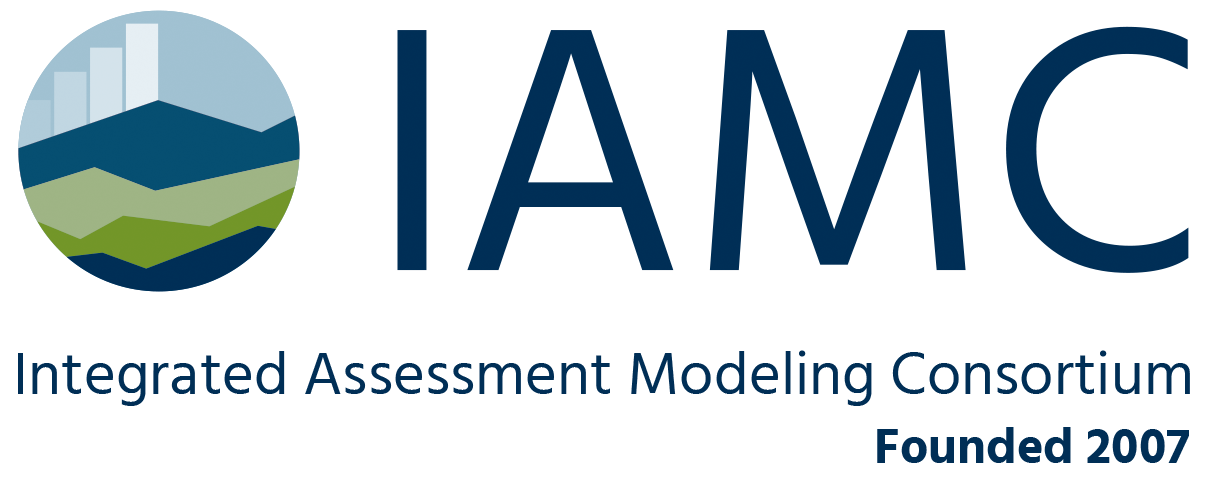TOOL
GENIE CDR Knowledge Hub
- Geographical scope:Global
- Institution(s):Aarhus University, Sussex University, International Institute on Applied Systems Analysis, Mercator Research Institute on Global Commons and Climate Change (MCC), University of Wisconsin-Madison
- Link:https://cdr.apps.ece.iiasa.ac.at/
IIASA, the Mercator Research Institute on Global Commons and Climate Change, the University of Wisconsin-Madison, and Aarhus University launch new knowledge hub about Carbon Dioxide Removal options to address climate change.
The path to climate neutrality needs to explicitly consider the role of Carbon Dioxide Removal (CDR) and negative emissions technologies. The new CDR Knowledge Hub synthesizes critical information about CDR and provides public access to key data sources. Among others, the Hub includes data on current and historical characteristics of technologies as well as quantitative scenario information on the role of different CDR technologies in the future. The Hub provides extensions of the AR6 scenario database with explicit quantifications of carbon removal due to land use change (e.g., afforestation/reforestation) as well as estimates of the current and future trajectories of the additional carbon removal (and emissions) aligned with national Greenhouse Gas inventories, filling a critical gap in the IPCC’s 6th assessment report. In addition, the Hub offers original stories and blogs highlighting insights from recent research activities by the GENIE project.
The CDR Knowledge Hub was developed as part of the EU-funded GENIE project, which explores the environmental, technical, social, legal, ethical and policy dimensions of greenhouse gas removal and solar radiation management. GENIE aims to produce a comprehensive scientific assessment for evidence-based policymaking to address climate change, and to expand our toolkit for a zero-emissions future.
The GENIE Project Team welcomes everyone to enjoy the services of the CDR Hub. It is fully open access, available for all to explore, and is going to be extended with new information on a regular basis.
For more information on the GENIE Project, visit the dedicated website.


